Lucy has such a clean, sensitive style of photography and joins us today to impart her wisdom!
1. Research. Read online on wedding forums about a photographer’s method/style of work and their results. Ask around on blogs or friends to see if anyone has heard of, or used this photographer.
2. Meet with your potential photographer to get a feel for their personality and style. It’s likely the photographer will be working a long day at your wedding so establishing a good working relationship will foster an ease and confidence in them resulting in photographs that truly capture you and your beloved’s true character.
3. Credentials. A photographer who has been formally trained in Photography, Design or Visual Art will often stand out from those who picked it up as a hobby and turned it into a job without undergoing formal training. A formally trained photographer will not only have the technical know how to shoot a better photograph, they will also be more conscious in their creative decisions when playing with light, colour and composition resulting in images more sensitive to the subject. Experience is also important for similar reasons.
What ideas should the bride and groom have before they even sit down with you?
First they need to analyse whether the photographer’s style is truly what they are after. Many photographers differ in their style of shooting and editing. How much time and attention they spend on the photos will also reflect on the quality of work they deliver. They will vary from the formal and traditional to spontaneous and candid and some a mix of both. Next create a draft itinerary for the wedding day so they have a rough idea on how long they want the coverage for. If you have a definite idea of particular shots, you should bring sample images or describe it to the photographer.
Ask your photographer about their recommended or preferred vendors for catering, venues, celebrants, florists, make up and hair artists, cake designers, bands, or dressmakers. It’s likely they will have worked with many and will know which ones are best suited to your style.
Tips on choosing the right photographer for you
Try to meet your chosen photographer before the big day to go through their portfolio and get to know them as a person. It is important for you to feel comfortable with your photographer as they are likely to work around you and your family all day. Knowing your photographer even for half an hour before hand will mean you’re not caught off guard when your wedding is about to begin.
If you go with a big studio make sure the photographer that you book is the one that will turn up on the day.
What are the benefits of hiring a professional photographer?
Hiring a professional photographer will take your mind off from worrying about the result and coverage of the day. Your wedding day should be stress and worry free. A good professional wedding photographer will have the years of experience, technical skill and creativity to record your precious memories in the best possible unobtrusive way.
This also means instead of asking your friend to be the official photographer they will enjoy your wedding as a guest.
How many hours does a photographer really spend on a wedding?
On average we can spend up to 8 hours, covering from the bride getting ready up to the bridal waltz. Then the post production of the photos which includes: editing, album design, and the correspondence with couples can take up to 20 hours.
Ms Polka Dot says: Some great tips from a from one of our Banner advertisers Lucy Leonardi We especially like the tip about making sure that the photographer you book is the one that turns up on your wedding day – so obvious, yet so easy to over look!
Lucy Leonardi is a Sydney-based wedding photojournalist. Lucy seeks to capture the true essence of a wedding, from the important moments of ceremony to the subtle moments of emotion that occur throughout the day.
Images by Lucy Leonardi


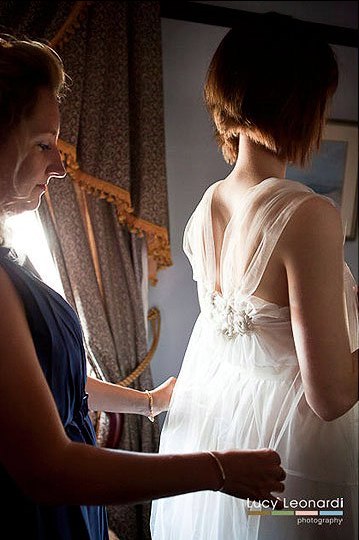
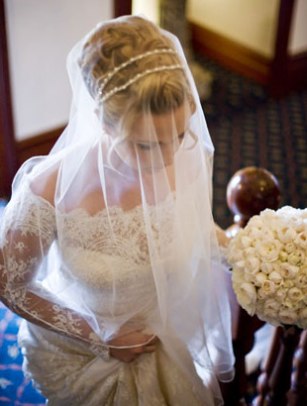
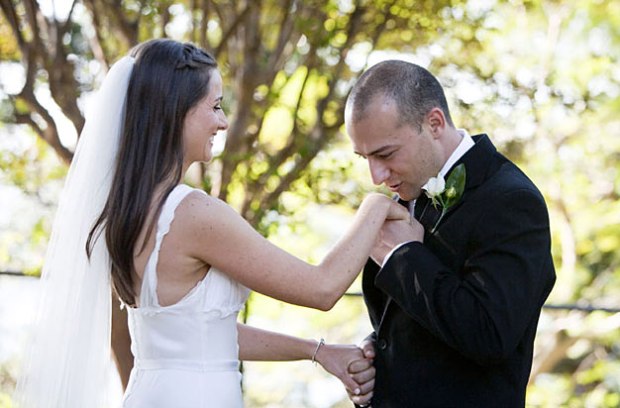
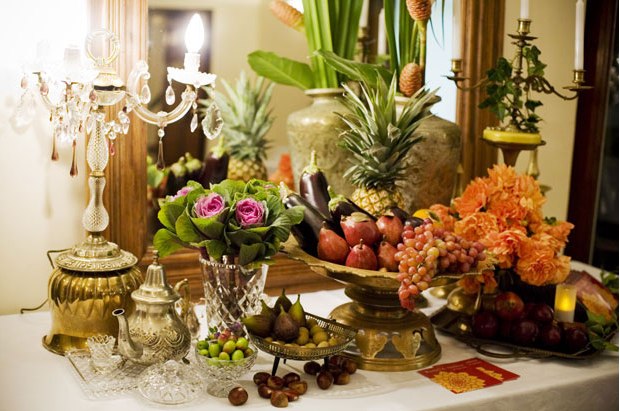
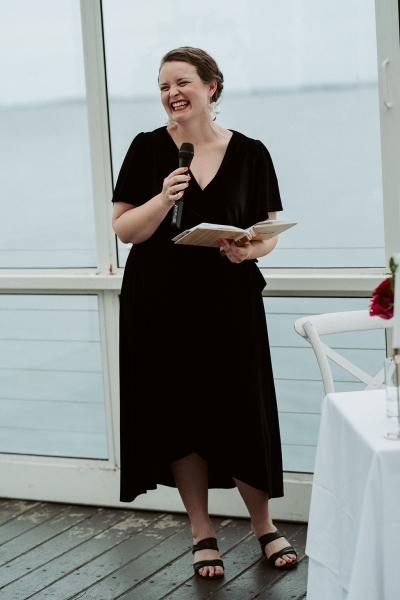
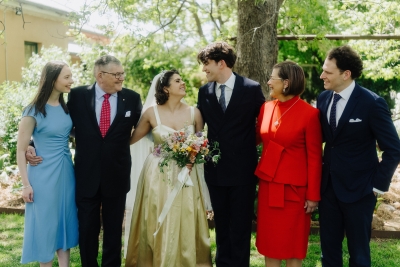
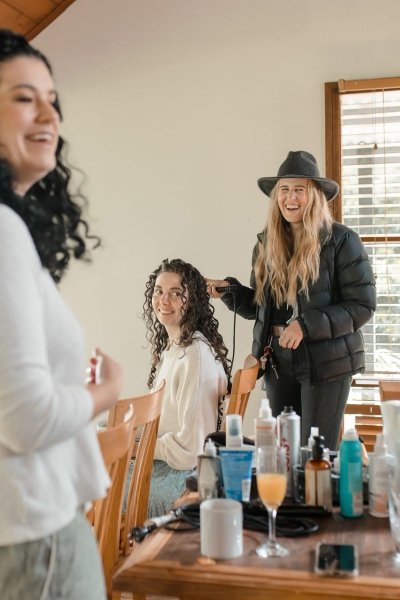
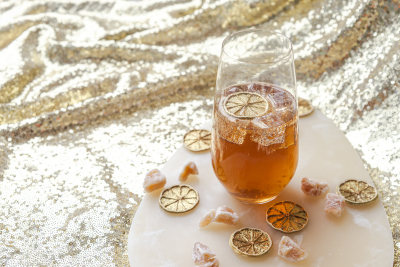
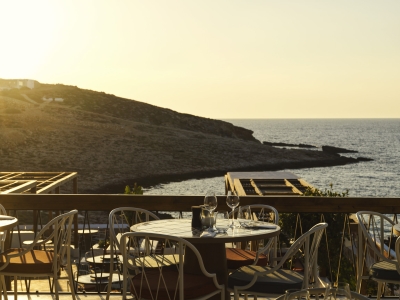



I really disagree that formal training should be a qualifier for whether you hire someone to shoot your wedding. Some of the best wedding photographers in the world are self-taught.
Congratulations on a great article Lucy! I definitely agree that a photographer with some sort of formal training will stand out, and I like that you specify art or design training, not necessarily photography. Training does not necessarily mean a full-blown degree. Short courses or even apprenticeships give you the opportunity to be critical about your work, to get feedback and learn from mistakes, and to understand your work in context – which is so important. I also like your point about getting to know your photographer first – what a difference it makes!
+1 Hannah. Formal training is def not a necessity. I’ll take a self taught photographer with a good eye over a formally trained photographer with no vision any day.
To me, a wedding day starts with hair and make-up and ends when the reception ends… that can easily be 12-16hours (or more). The emotion of speeches, those quiet moments with friends and family, the party atmosphere, the realness, thats what a wedding is to me.
So I disagree with the notion that 8hrs of coverage is a lot, or even enough. 🙂